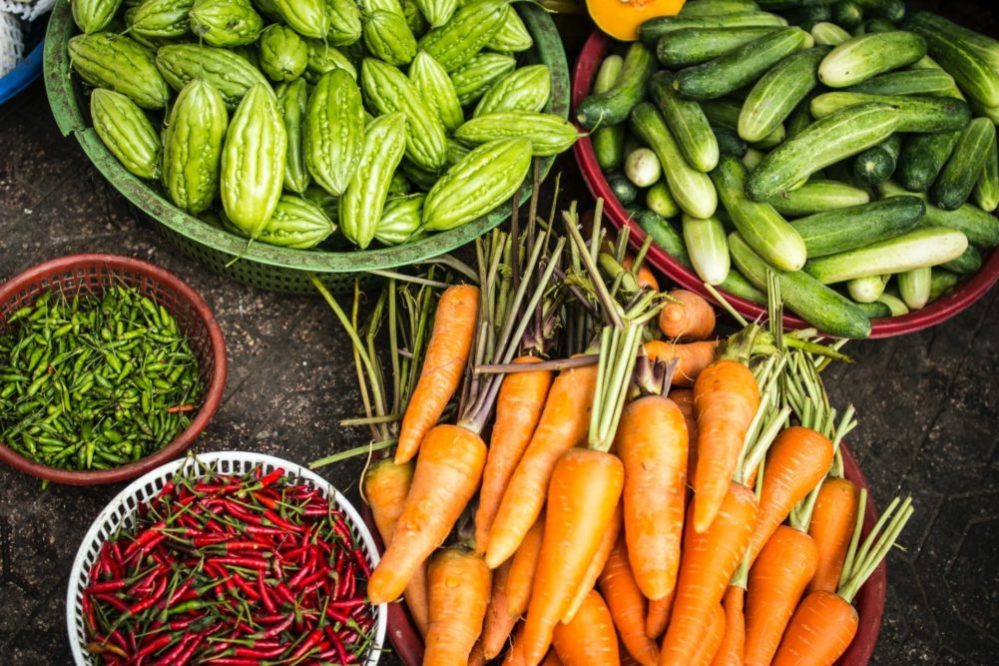- US-based nonprofit farm certifier A Greener World (AGW) is piloting its Certified Regenerative label during an initial test phase with 50 farms.
- The label aims to provide whole-farm assurance around sustainability by measuring a farm’s impact on soil, water, air, biodiversity, infrastructure, animal welfare, and social responsibility.
- Behind the label is a five-year regenerative plan that AGW develops in partnership with farmers to assess risk, set goals, and track progress.
Why it matters:
Certified Regenerative joins a growing list of certification marks introduced by independent groups seeking to help consumers find products produced according to their regenerative agriculture standards. The Savory Institute offers the Ecological Outcome Verified label while the Rodale Institute recently rolled out the Regenerative Organic Certified mark, which adds additional layers on top of existing organic standards. Another independent certifier, the Real Organic Project, is a grassroots, farmer-led movement to distinguish soil-grown and pasture-raised products under the US Department of Agriculture’s National Organic Program.
Regenerative agriculture is building serious momentum, yet the matter of actually defining what it is remains unsolved. There are ongoing debates about what regenerative ag does or does not include, or how it ought to be measured. As more entities attempt to stake out ground around the term and lead the effort to define its contours, we will likely see more labels pop up on packaging. Ultimately, this may defeat the original purpose of helping consumers — who may already suffering from label fatigue — to identify regeneratively grown food.





